
A freight train runs on the China-Laos Railway. (Photo provided to chinadaily.com.cn)
Poverty alleviation
According to a 2019 World Bank report, "BRI transportation projects could help lift 7.6 million people out of extreme poverty" (those earning less than $1.90 a day), and "32 million people from moderate poverty" (less than $3.20 a day).
Gu Xueming, president of the Chinese Academy of International Trade and Economic Cooperation in Beijing and a member of the 14th CPPCC National Committee, said, "The Belt and Road Initiative originated in China, but the opportunities and results it has brought belong to the whole world."
He added that looking back on the past 10 years, BRI construction has maintained great vitality, and the initiative has responded to the needs of the times via China's role and contribution.
Gu cited the example of a Chinese company that invested in a pharmaceutical factory in the West African country of Mali under the China-Africa Public Health Plan. With the start of mass production at the factory, Mali not only ended its history of reliance on imported drugs but also significantly reduced the price of medication in its home market. At the same time, the factory gave rise to the development of upstream and downstream industries, Gu said.
"When we are looking ahead, the prospects are bright and the tasks are mounting. This requires substantial efforts in BRI construction, more Chinese wisdom and Chinese solutions, and a high level of China's opening-up in order to build a community with a shared future and improve global governance," he added.
Hu Sishe, former vice-president of the Chinese People's Association for Friendship with Foreign Countries and a member of the 14th CPPCC National Committee, said it is necessary to further improve person-to-person contacts between China and countries along BRI routes.
He called for full play to be given to the role of existing friendships between Chinese and foreign sister cities, along with more sister city exchanges and cooperation under the context of the BRI to build a solid foundation for exchanges at the local level between China and participating countries.
"I recommend piloting more dialogue and exchanges with historic and cultural cities along BRI routes, in particular dialogue and exchanges with those in Europe and in West Asian and North African countries, thus boosting the resonance and common language with countries along the routes," he said.








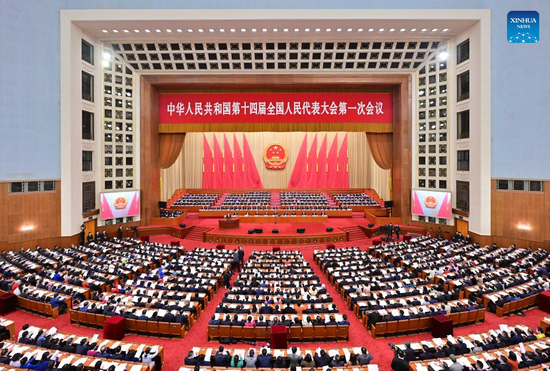


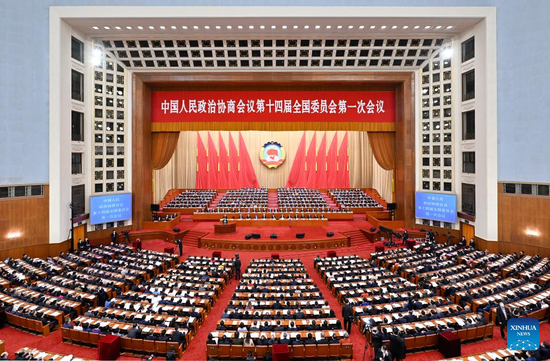
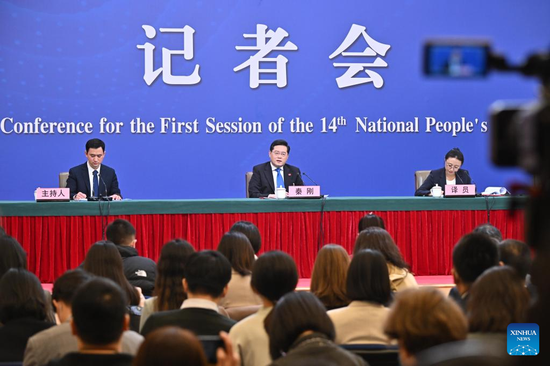

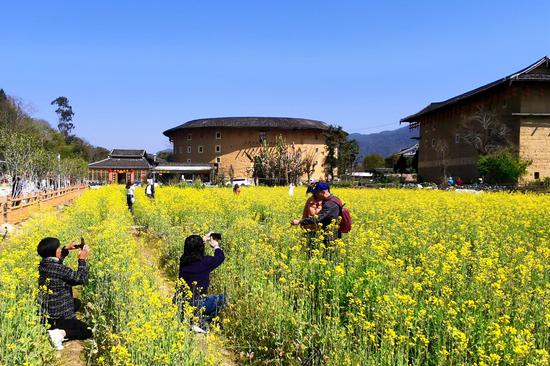
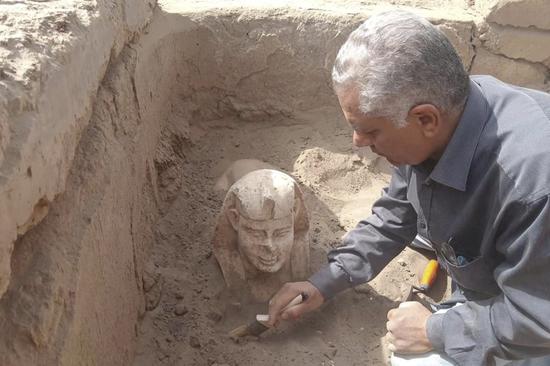
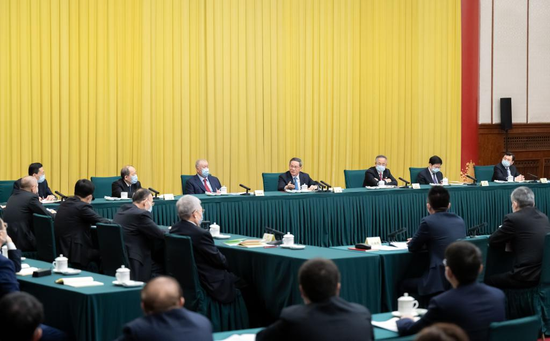
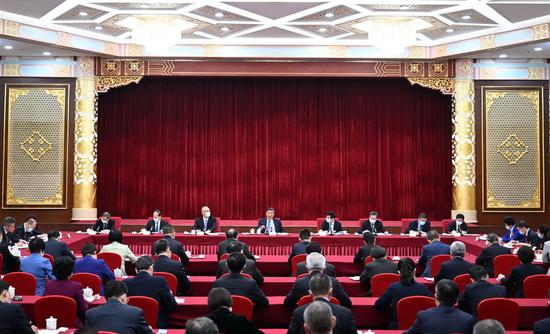

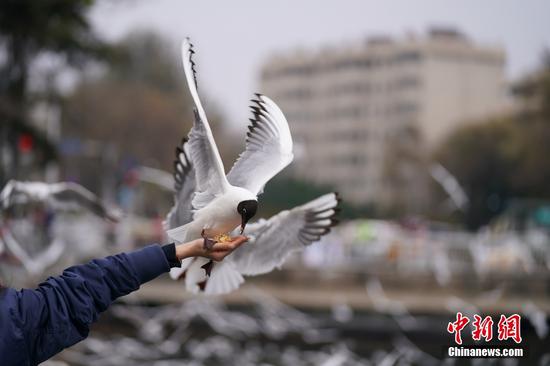


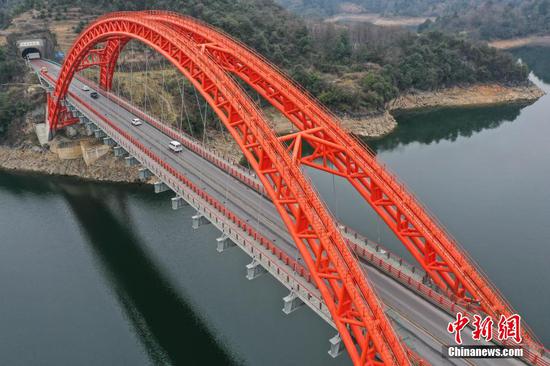

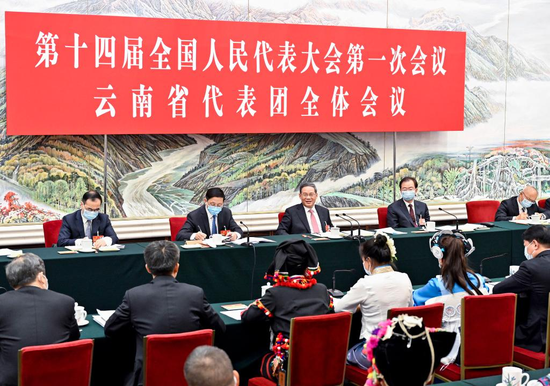
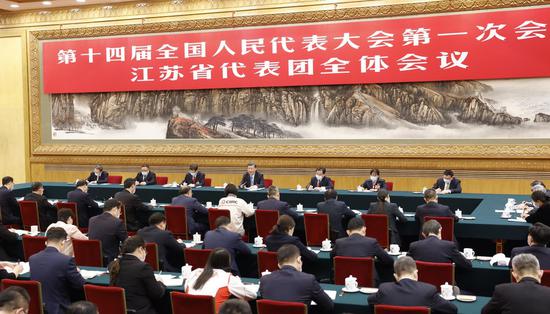

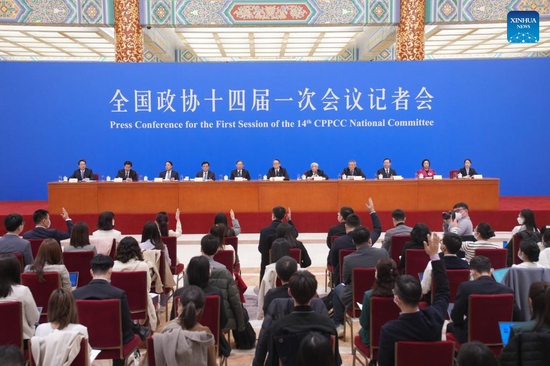
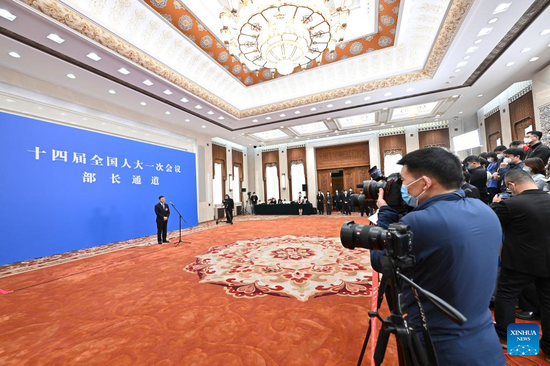
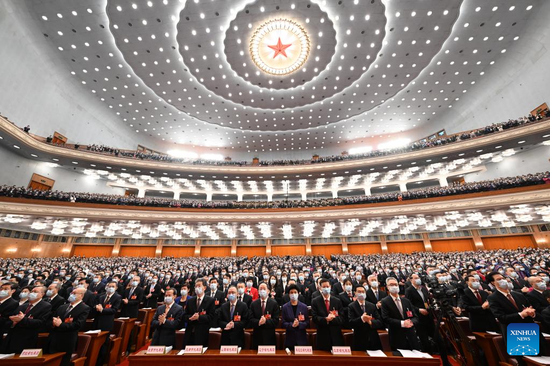
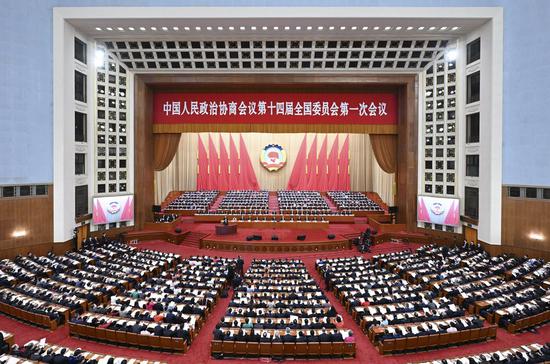
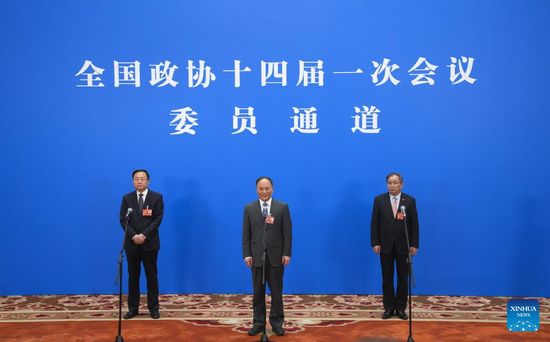
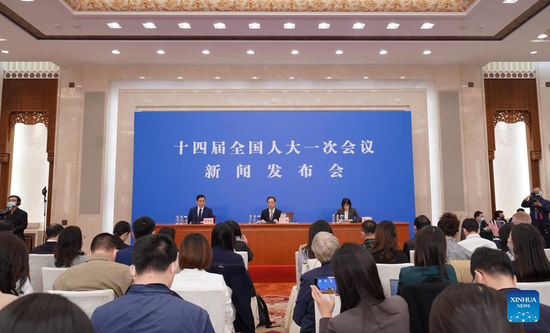
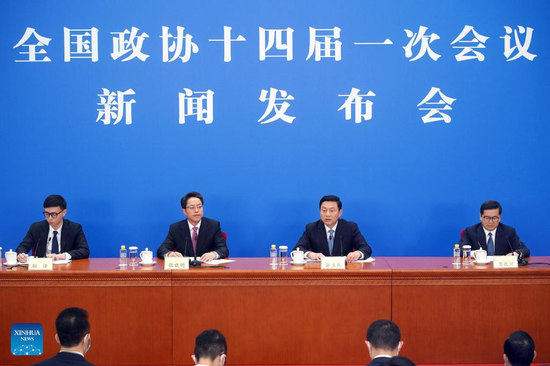
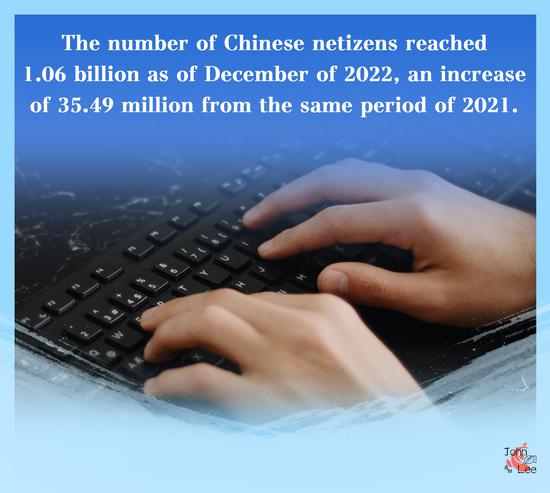
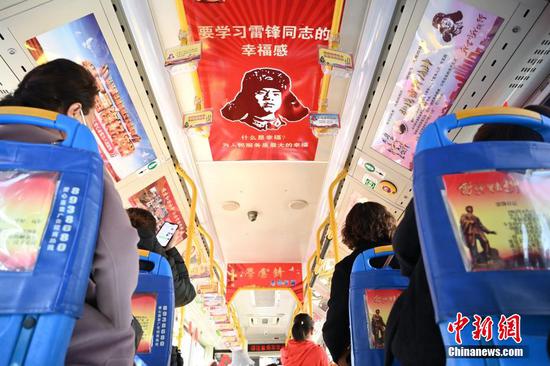
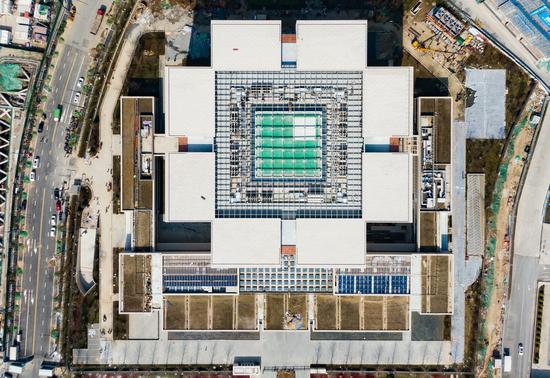

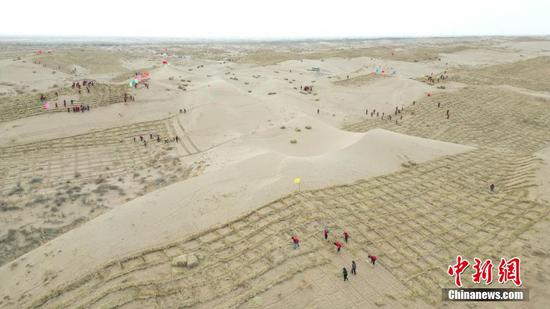




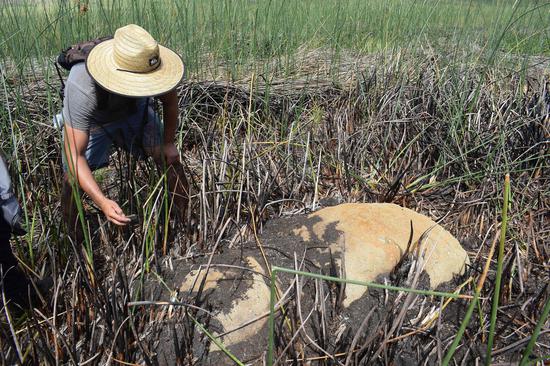
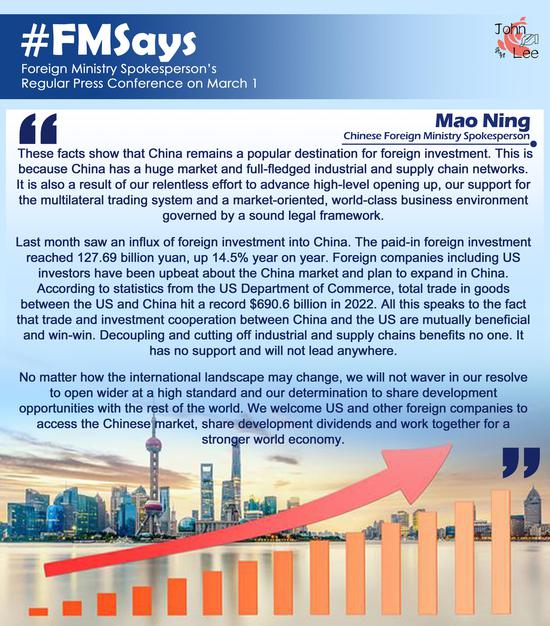





 京公网安备 11010202009201号
京公网安备 11010202009201号